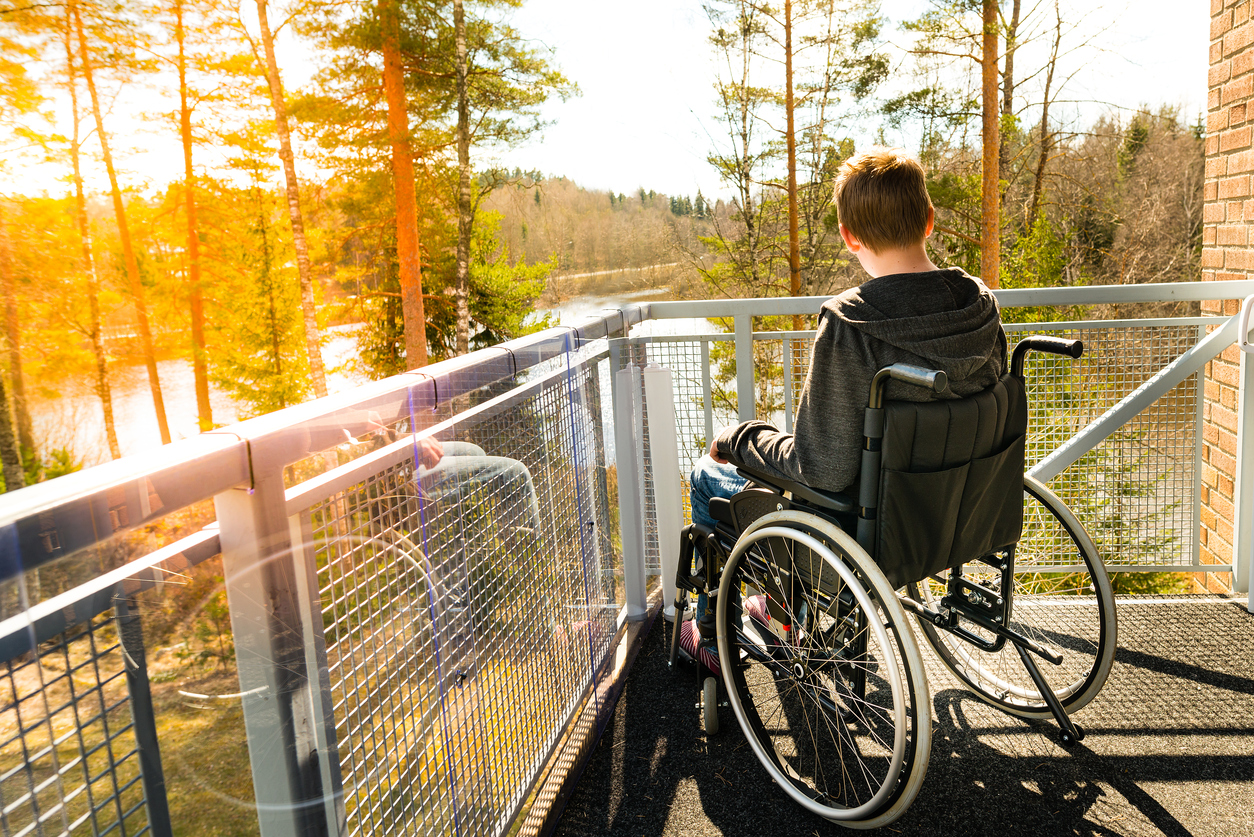Sarepta says early filing for DMD gene therapy is back on

Sarepta is pressing forward with a bold plan to file with the FDA for accelerated approval of its gene therapy SRP-9001 for Duchenne muscular dystrophy (DMD) in the next few months, with a view to making it available in sometime around the middle of 2023.
The US biotech – which already has three antisense drugs for DMD on the market – had said earlier it was planning to delay the application into 2023, so the new announcement marks an acceleration of its plans.
Sarepta reported updated clinical trial results with the one-shot therapy in July which bolstered the data for SRP-9001 (delandistrogene moxeparvovec) for efficacy and durability, but also raised a concern about its safety after a serious case of myocarditis was seen in one of 38 patients enrolled in its ENDEAVOR study.
Sarepta's gene therapy – like rivals from Pfizer and Solid Biosciences – codes for a shortened form of the dystrophin protein that is deficient in patients with the X-linked muscle-wasting disease, which occurs primarily in males.
Shares in Sarepta climbed around 8% ahead of the weekend following the announcement, following a pattern in the last couple of years where the stock has risen and fallen sharply in reaction to regulatory updates about SRP-9001.
The Cambridge, Massachusetts biotech's chief executive Doug Ingram said the decision to bring forward the filing resulted from "FDA feedback we received following a thorough and in-depth review" of the programme.
"We look forward to a collaborative review commencing this year and running through the first half of 2023," he added.
Sarepta hasn't indicated whether the FDA plans to convene an advisory committee to get expert input on the application, but it seems likely, given it is vying to become the first gene therapy for DMD and recent question marks over its safety.
While the case of myocarditis seen in an 11-year-old boy enrolled in ENDEAVOR was partially resolved with intravenous steroid therapy and did not appear to affect heart function, the FDA will likely want to take a close look at the data – not least because it followed another case in which muscle weakness was reported in one patient last year.
A fatal case of myocarditis has also been seen with Pfizer's DMD gene therapy candidate and resulted in the study being placed on temporary clinical hold.
There has been speculation that muscle weakness and/or myocarditis may be a class risk for gene therapies that are delivered using adeno-associated virus (AAV) vectors, and work is ongoing to see if the risk could be mitigated by identifying genetic risk factors or preventative treatments.
Safety considerations aside, the headline readout from the July update however came from Cohort 1 of the trial – in 20 subjects aged four to seven – which showed a significant 3.8-point improvement compared to controls at one year on the North Star Ambulatory Assessment (NSAA) scale compared to a matched control group.
That was accompanied by improvements in measures that include time to rise, a 10 meter walk/run test, time to climb four steps, and a 100-meter walk/run test, and the prospect of a one-shot therapy that could make an impact on progression of the disease will be compelling for patients, their carers and doctors.
"Duchenne robs children daily and hourly of their muscle, stealing them bit by bit from their families and loved ones," said Ingram.
"Guided by rigorous science and productive regulatory discussions, our goal is to move with the urgency desperately needed by the patient community," he added.
Sarepta is currently testing SRP-9001 in the placebo-controlled EMBARK study, which aims to enrol 120 boys with DMD aged four to seven and is due to read out in the latter half of 2023. That could potentially be the confirmatory trial needed to back up SRP-9001's accelerated approval, if granted.
Sarepta's current exon-skipping DMD therapies – Exondys 51 (eteplirsen), Vyondys 53 (golodirsen) and Amondys 45 (casimersen) – were also granted accelerated approval by the FDA and so far Sarepta has not completed confirmatory trials.
The three drugs required intravenous dosing once a week and work only in around a third of DMD patients.













